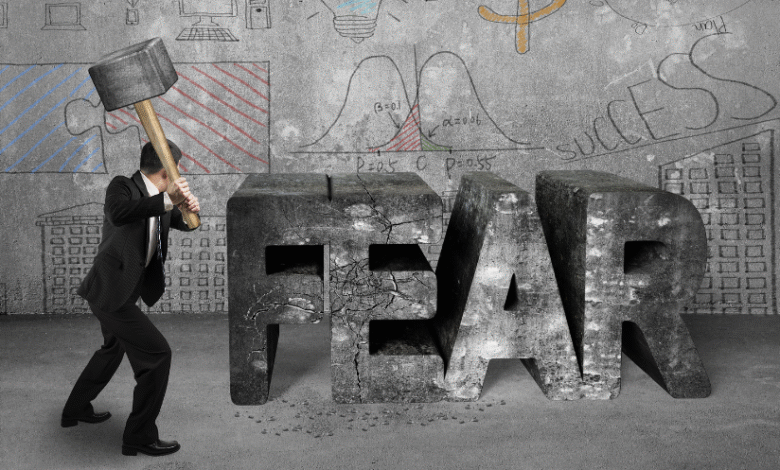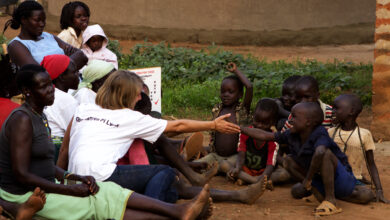3 Places Where Faith Is Met With Fear

Religion is a very personal journey in many parts of the world. It is a source of comfort, strength, and purpose for others. But in some parts of the world, clinging to one’s faith can be very expensive. In this case, being open about belief does not result in connection, but in danger. The conflict between religion and fear is not only about great politics or historical controversies. It unfolds in small, quiet moments: a Bible hidden under a mattress, a whispered prayer, a child who was never to speak of what they learned in secret. These are the daily decisions that many people make to be safe.
1. North Korea: Where Faith is a threat to control.
In North Korea, faith is not just discouraged; it is considered disobedience. The government demands complete loyalty. It does not allow for personal beliefs, particularly religious beliefs. Churches do not operate freely. Public worship doesn’t exist. There are no open meetings, no faith celebrations.
Those who are caught practicing Christianity, even in private, are liable to be imprisoned or worse. The system in place punishes believers and usually targets their families, including children. In such an environment, trust is scarce. Neighbors can not trust each other. One conversation could be eavesdropped on. One act of kindness may be questioned. And thus, faith becomes a silent, hidden thing—something that is carried silently in the heart.
In North Korea, it is dangerous to believe in something higher than the state. The fear is not only about punishment. It’s about complete erasure. The aim is not only to stop belief but to erase it from the memory of future generations.
2. Nigeria: Where Churches Can Become Targets
Nigeria is a country that is full of vibrant faith communities. Churches are usually full of music, laughter, and prayer. However, not all regions are safe for believers. In certain places, religious gatherings have turned into scenes of tragedy.
Militant groups, which are usually a combination of ideology and politics, have launched brutal attacks on Christian villages. Houses have been burned, churches razed, and families broken. People run not only from violence, but from the memory of what they have lost.
The threat in Nigeria is not always the same. Some areas are relatively peaceful. But in places where the threat is real, Sunday is no longer a day of rest. It turns into a day of risk. Going to a church service is a balance between faith and fear.
Communities still come together despite this. Some rebuild their churches. Others conduct prayer meetings in secret corners. Children still learn Bible verses, even if they are whispered. The resilience is remarkable. But the pain is real as well. For many, each act of worship is a shadow, the awareness that danger could return. This reality is not just a story of survival. It reflects something deeper about human strength. Still, behind every strong face is someone who has lost a loved one. Behind every hymn sung in the dark is a memory that refuses to fade. And this story is not confined to one region alone. In fact, statistics on Christian persecution show a growing trend of such attacks in several parts of the world.
3. India: When Tradition Clashes With Belief
India is famous for its spiritual diversity. Temples, mosques, churches, and shrines are scattered across the landscape. But lately, the peaceful coexistence of faiths has been strained. For Christians in some parts of the country, faith can be a source of friction with neighbors and even local authorities.
In rural areas, this pressure can be high. A family may be isolated from village resources. Children may be bullied in schools. And churches, particularly small, local churches, can be the objects of vandalism or threats.
In some regions, laws have contributed to the fear. Loosely worded rules on religious conversion have resulted in arrests and intimidation. Even voluntary changes in faith are suspicious. The concept of freely choosing one’s belief is challenged in places where tradition has great weight.
Even under pressure, many Christians in India still practice their faith. They devise creative ways of gathering, supporting each other, and clinging to what they believe, even if it makes them different.
Conclusion
Faith should be a choice; it is personal and valued. But in places such as North Korea, Nigeria, and parts of India, it often becomes something people have to fight to maintain—not with weapons but with quiet acts of courage. With prayers spoken in silence. With songs sung low so no one can hear. With hope clutched when all else seems lost.
The persecution pain is real, and it leaves lasting scars.



